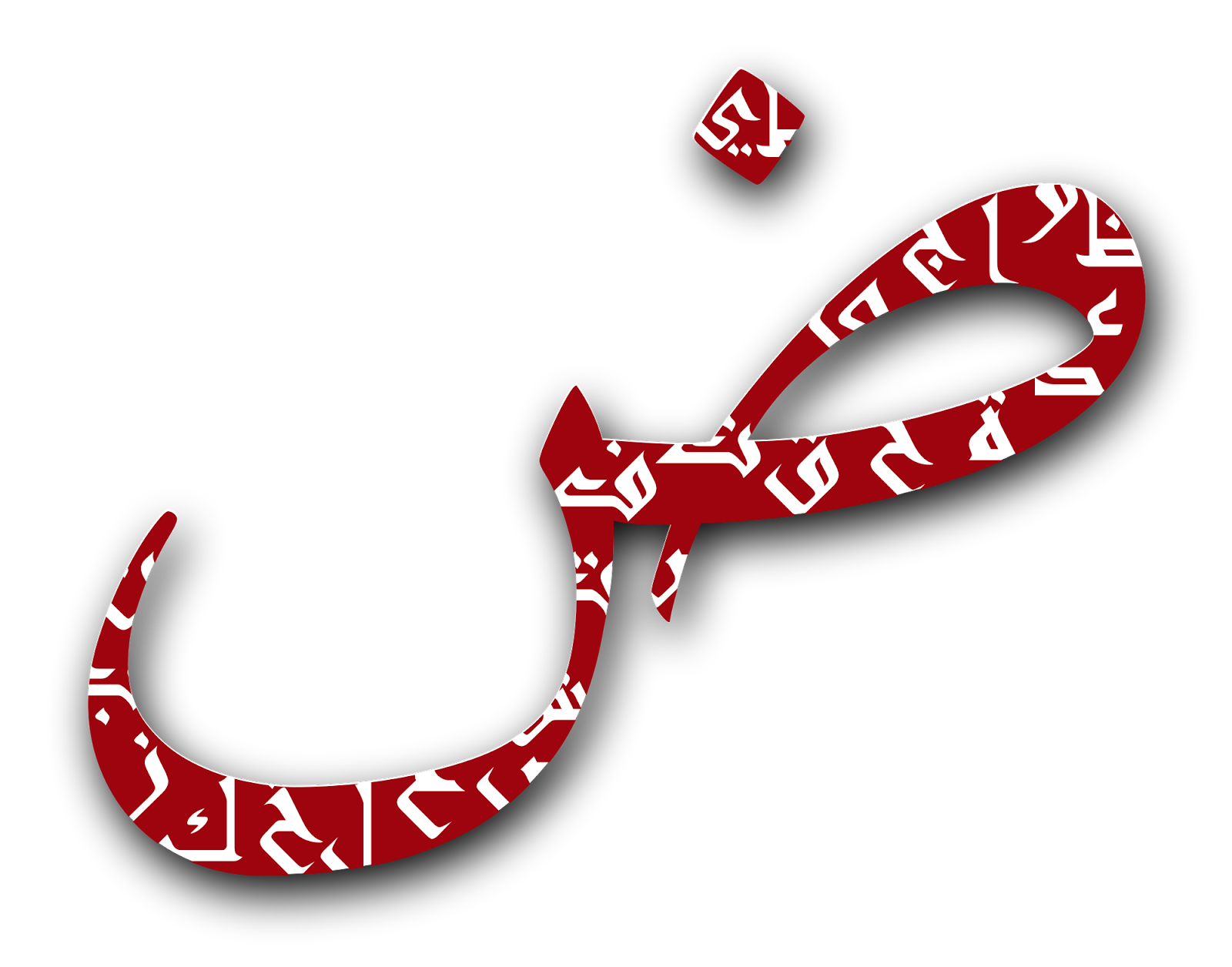Habiibii, Hayaati, and Hayawaan all start with the letter ح, the sound does not exist in English.
With your mouth open, make a raspy, breathy sound as if you’re breathing on glass to fog it up. You wanna constrict the muscles inside your throat so that air can just barely squeeze through.
Your vocal cords should not vibrate.
We transliterate ح as a capital H, so as not to be confused with the h sound in English.
| Transliteration | Eng | عَرَبي |
|---|---|---|
| Habiibii | my love (masc.) | حَبيبي |
| Hayaatii | my life | حَياتي |
| ruHii | my soul | روحي |
| Hayawaan | animal (masc.) | حَيوان |
Imagine you just swallowed a spoonful of very hot chili. And yes when ح is the initial letter it looks like this حـ, so that we can connect the following letter to it. Remember, Arabic is written from Right to Left.
Possessive pronouns
In Arabic, possessive pronouns (like “my”) are attached to the end of the word. To say “my love” you just attach the letter ي to the word حَبيب (love, beloved) = حَبيبي


It’s pronounced like the ee in ‘feel’ or ‘beep’, and it’s just a letter. It’s transliterated as ii.
Yeah, they are actually called Attached Pronouns, and they are used for more than just expressing possession.